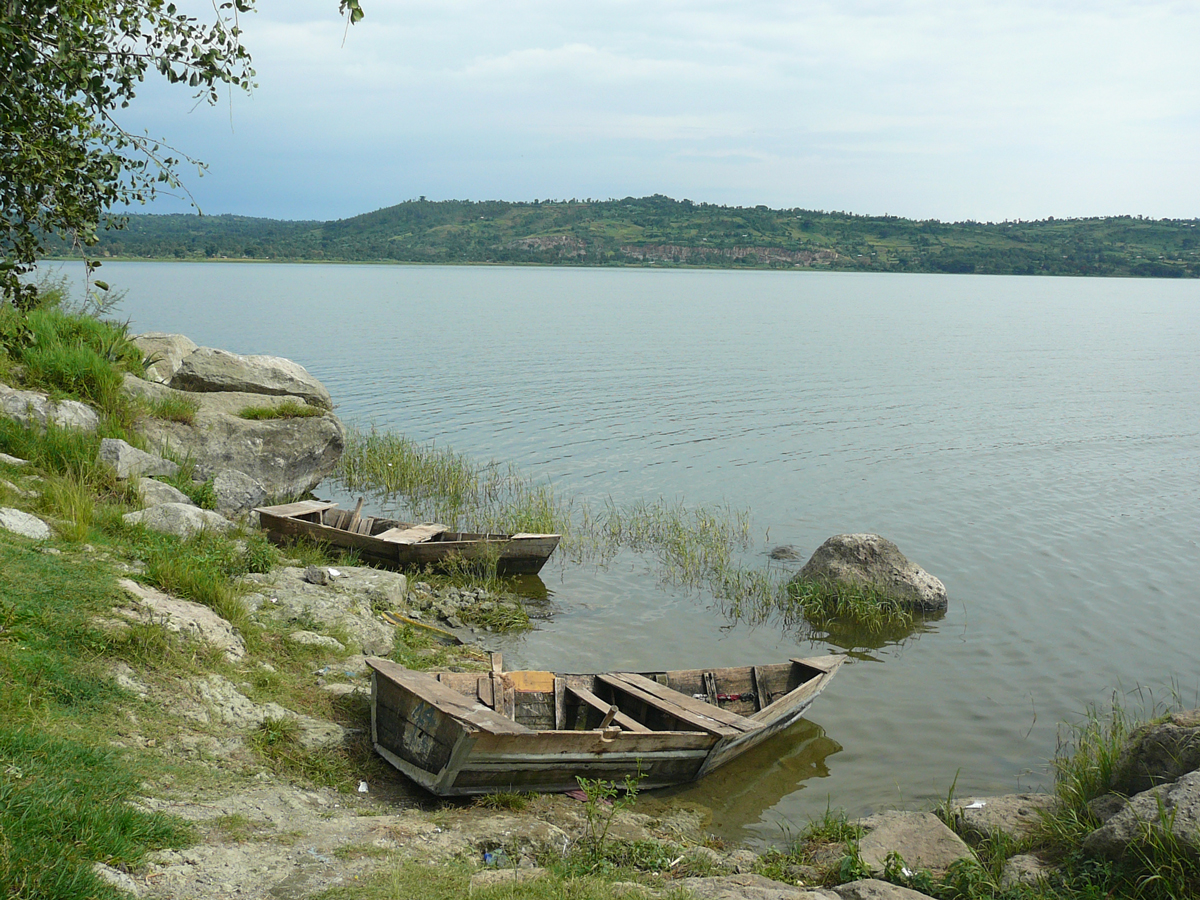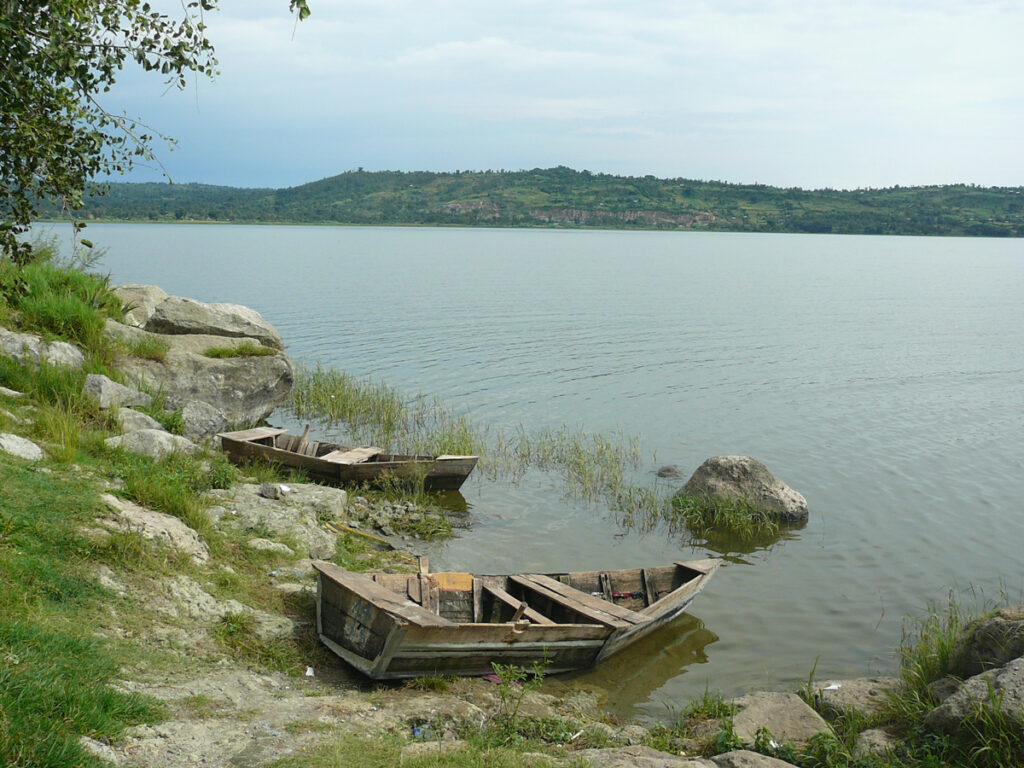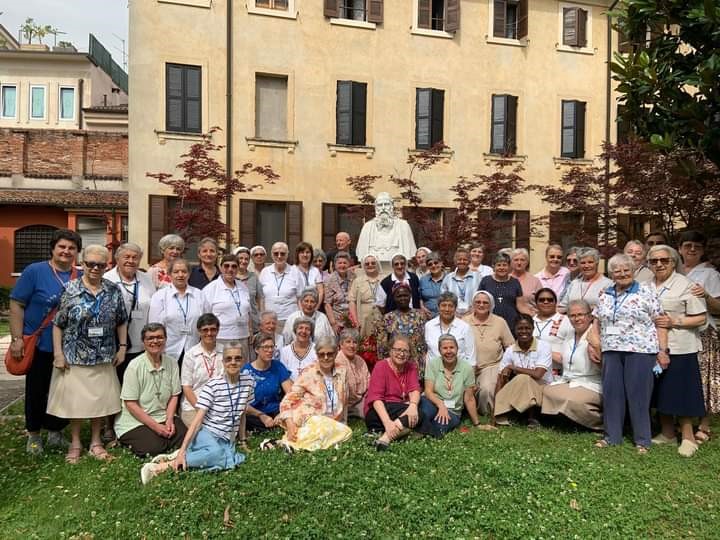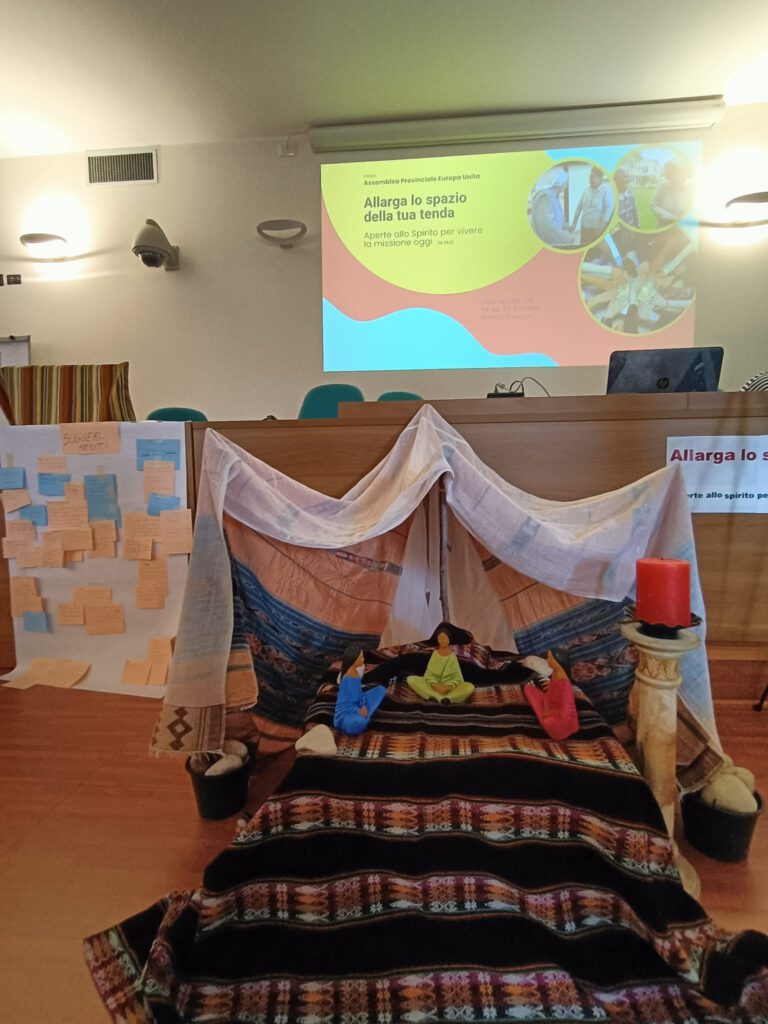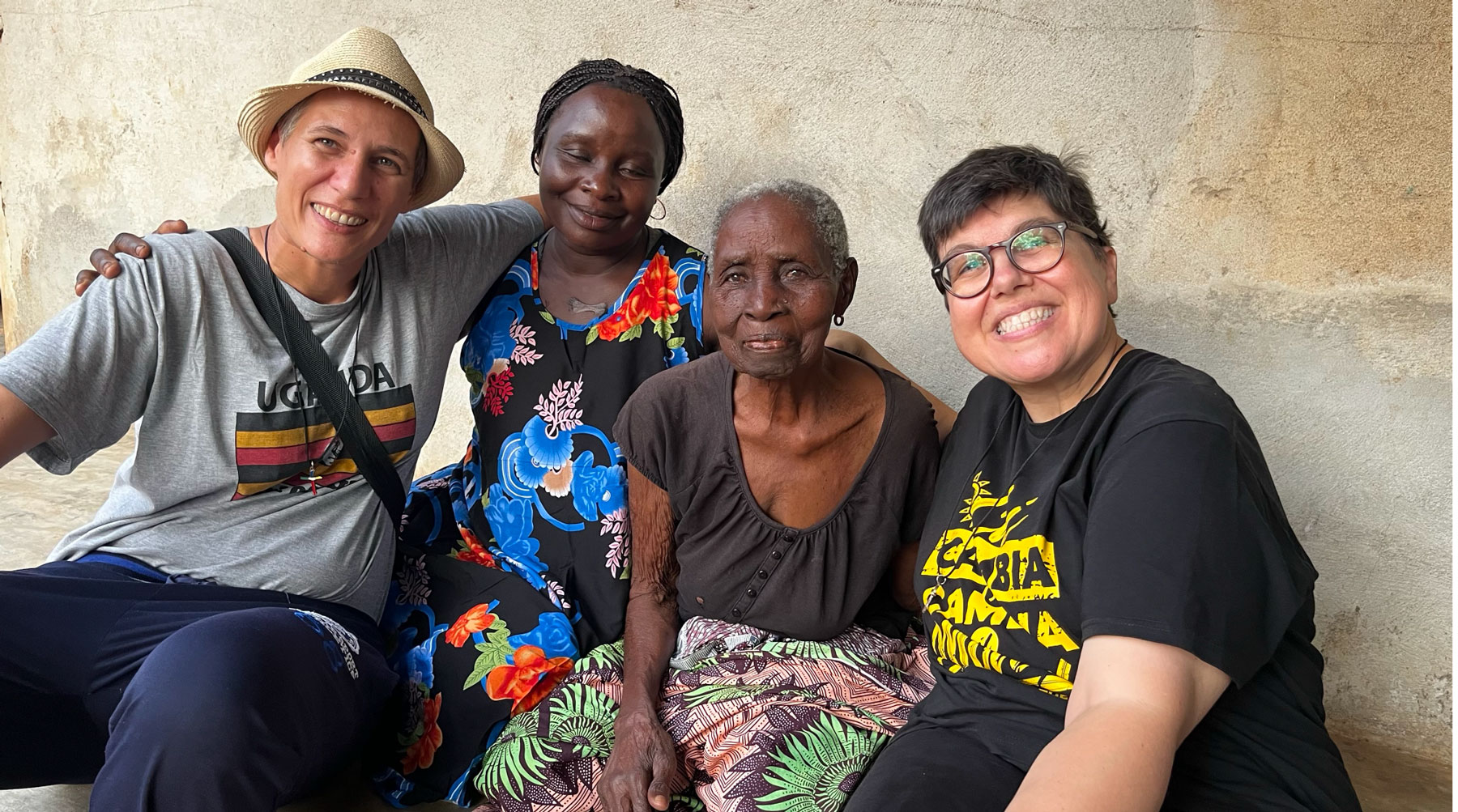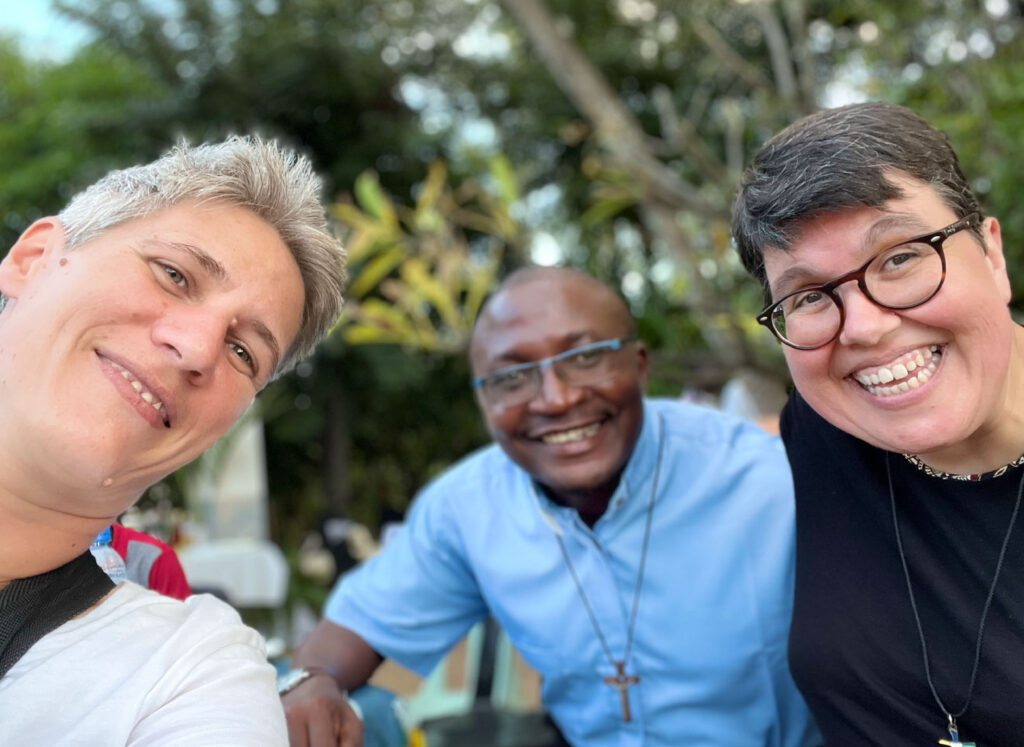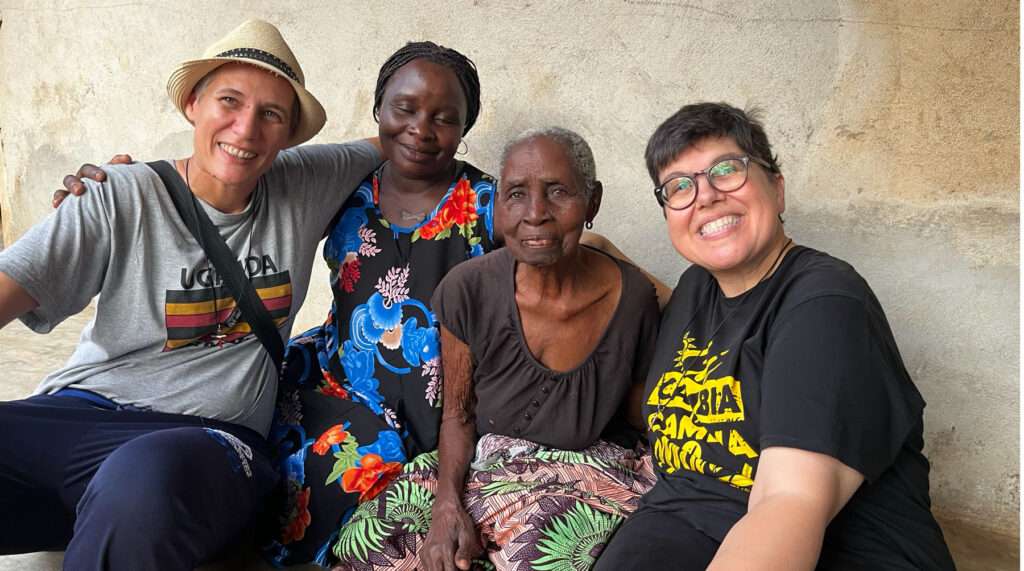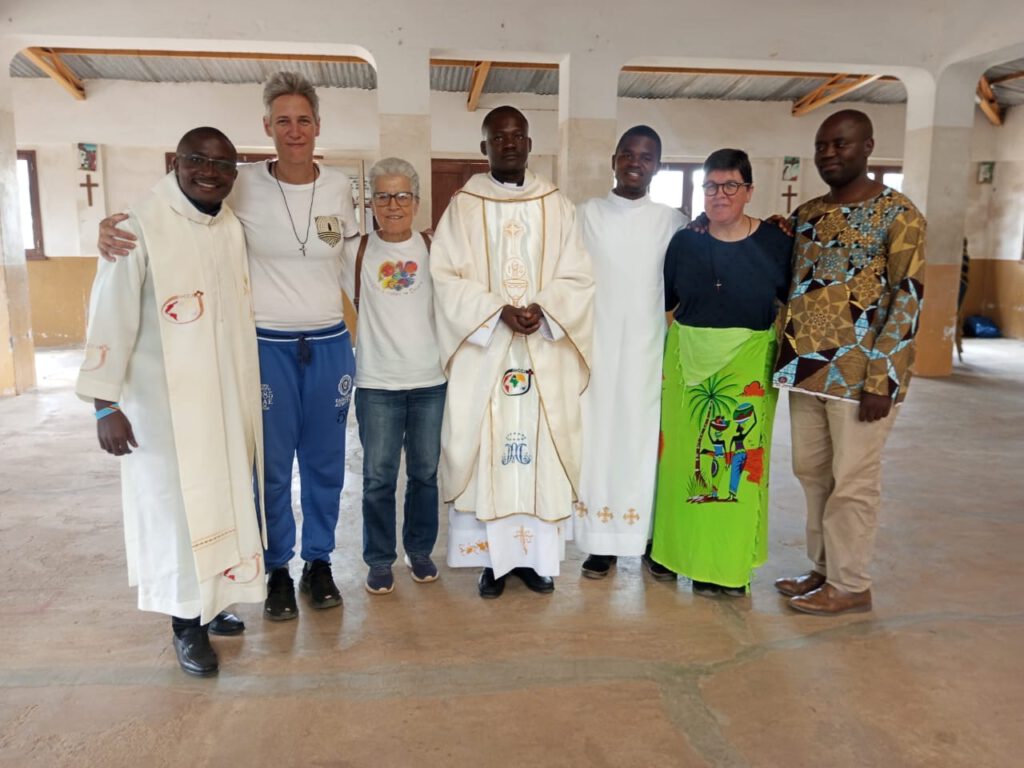
We are here again to give you news and to share, with you, this last time. In these months we unfortunately struggle to respond to all your messages (there are so many of them), due to unplanned vicissitudes, but this is all part of being on mission and living it to the fullest, until the last moment of each day.
Last time, we told you about the sorrow of saying goodbye to Father Jaider, the Comboni parish priest, who left urgently for his homeland due to repeated illnesses.
But well behold, on the same day exactly one month after his departure (again on the 5th but in July), the community of Comboni Fathers, was hit again by terrible news. While waiting to welcome a Combonian brother back from vacation in his homeland, the news of his death reached us overnight on the same day he was supposed to join us.
To date, the Combonian community consists of only one father and one theology student. These have been difficult, intense months, full of obstacles, but even in this time, God’s infinite mercy and goodness has never ceased to work wonders and to give us the strength to face this time and to continue to look to an ever higher horizon together with these brothers and sisters of ours. Indeed, in this very time of fatigue, of fragility, the Lord has united us even more as a community with the fathers, as the Combonian family, and we have never failed to feel, that the Lord was leading us. It is precisely in fragility, that the Lord likes to work, if we always leave everything in His hands and rely on His Grace. As a wise woman who walks with us says, “build with those who want to build and always go forward in the joy that comes from the Lord”; these are indeed true words, because the more we leave everything in the Lord’s hands, the more He builds.

In these our first six Mozambican months, there has been no shortage of hardships and obstacles, and in some cases they have not been easy to overcome, especially those derived from the people closest to us, but really only with the Lord’s help, with your being there, with your making yourselves heard and with the help of the people, have we always managed to keep alive in our hearts, the joy, the peace and the hope, to continue to embrace this wonderful land, rich in beauty but at the same time with many contradictions.
Every day the Macua people teach us and give us the joy of sharing our lives with them. During this time, we have also experienced unexpected, enriching moments, such as the visit of the general council of the Comboni sisters and at the beginning of August, also that by the fathers of the Comboni general councils. How much Grace received, unexpected and rich with some more horizons….
Inside our hearts, bigger dreams are opening up with wider horizons that start from listening to the reality in which we are inserted; all this we know for sure that with our forces alone, we will not be able to achieve it.
In this time, we have tried to always stay one step behind to observe and try to understand what the main needs are for real in this land and to really make them protagonists of their history and their land. Here for us mission is this: to create real, authentic relationships, to create bridges, to create network.
We are overjoyed despite some difficulties and some malaria that hits us (both of us are down to 2), but the joy, hope, passion and love we feel for this land is a drive that moves us every day to keep sowing and building. We also continue to thank each and every one of you, because your presence, closeness and help are fuel to continue to hope and grow, to be able to build a better future together with these people and to feel that we are all together pilgrims of hope in a better world, where every man has the right to live a dignified life.
We all are mission and we with all of you, feel like family.
A hug from the bottom of our hearts. We continue to pray for all of you and you too, continue to pray for us
With love, deep appreciation and gratitude – Ila and Fede







